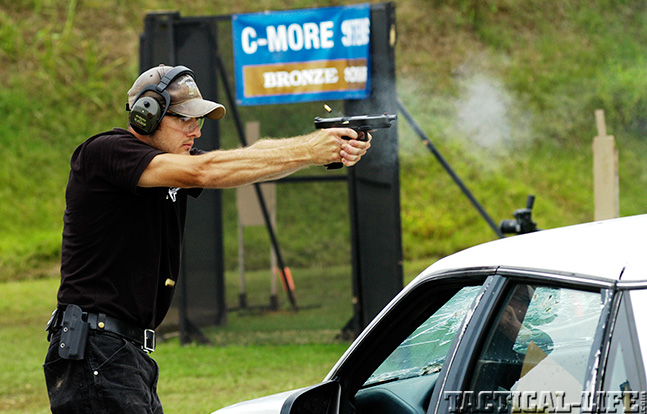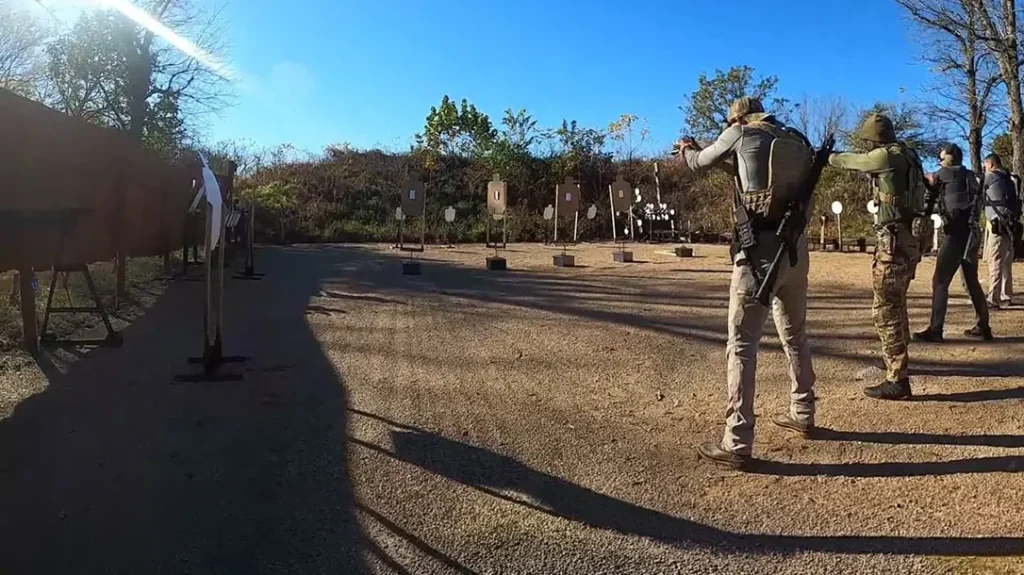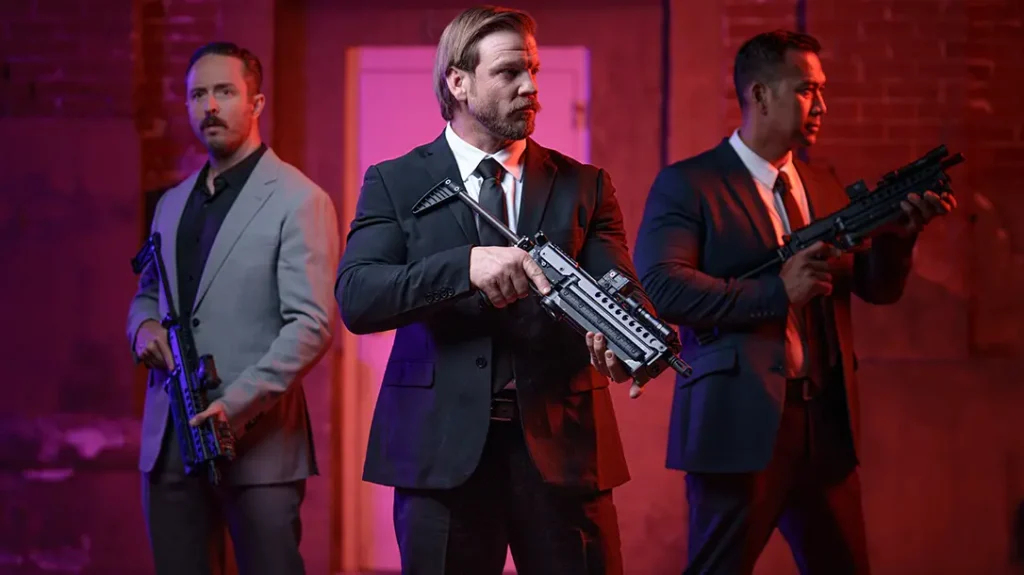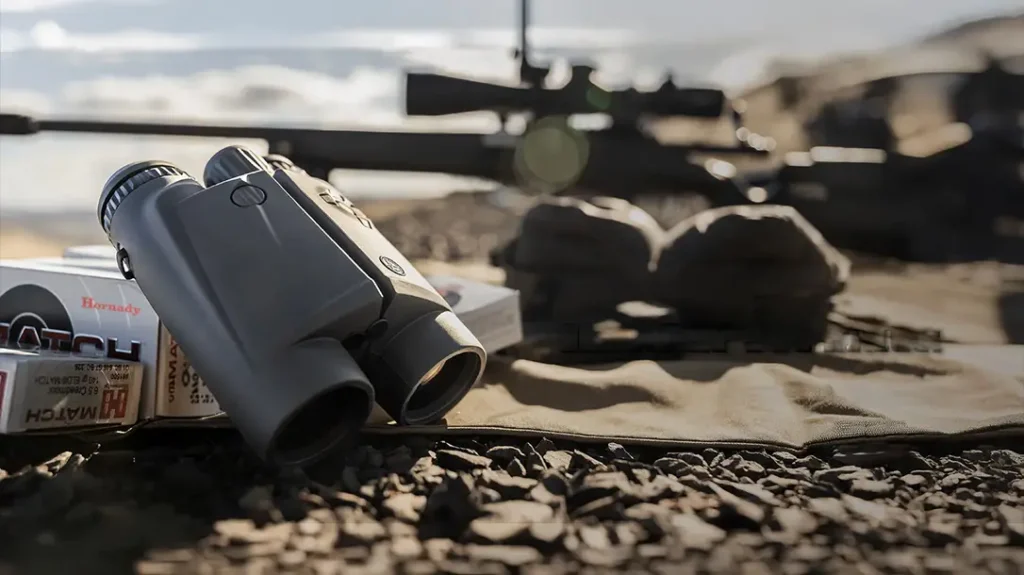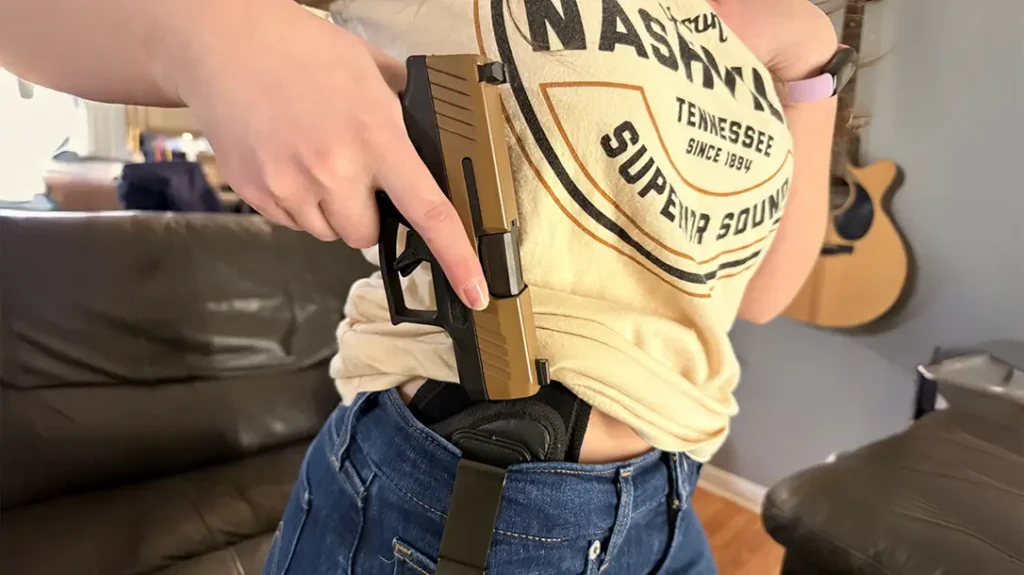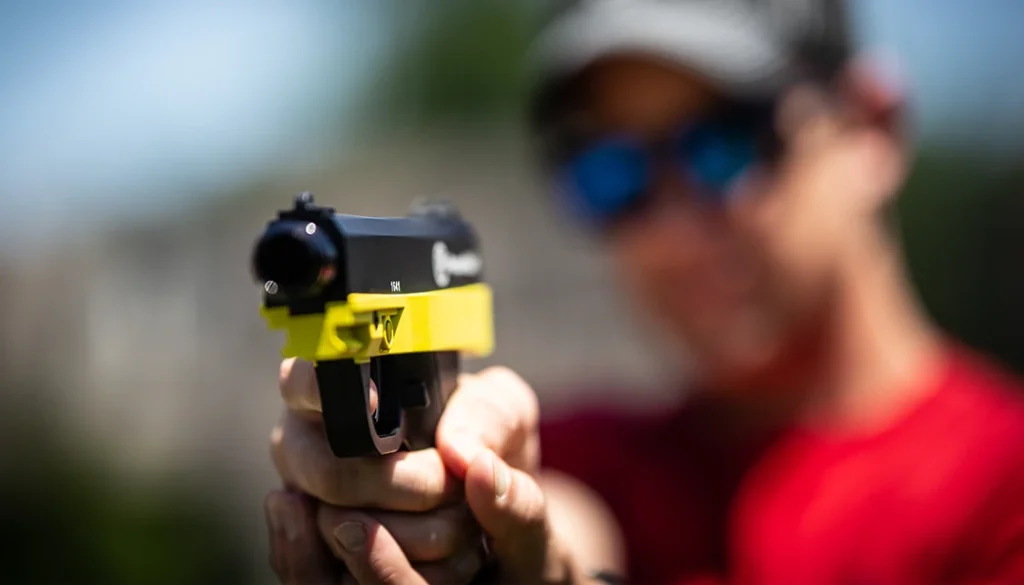When it comes down to it, cops need to know how to use their duty weapon when the chips are down. Apart from department-mandated training, how can cops enhance their real-world shooting skills? Through competitive shooting. Read on to find out more.
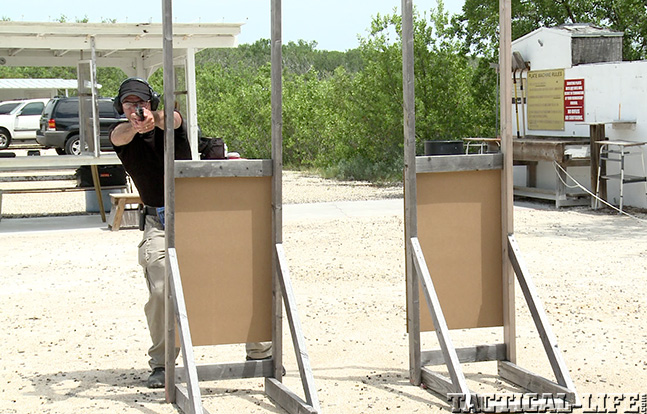
1. For a police officer in an actual shooting — and I couldn’t possibly feel stronger about this — I would say the most important personal asset he or she can have is the ability to react and perform under pressure.
Advertisement — Continue Reading Below
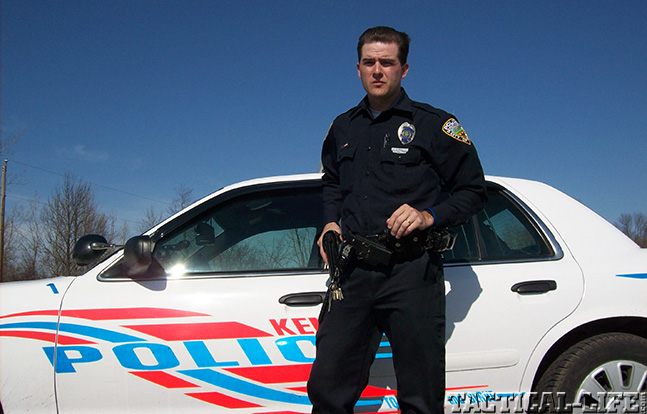
2. Firearms training simulators, force-on-force training and Simunitions are excellent ways to test oneself, and I highly recommend them (even though, in none of these situations are we using and firing a real gun). Beyond those three, we are left with very little — until you start to look at competition shooting.
Advertisement — Continue Reading Below
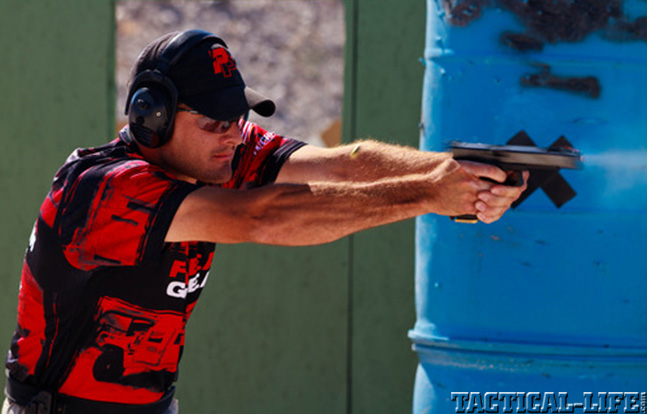
3. In many ways, watching officers qualify reminds me of watching shooters taking part in practical shooting competitions. In the first place, what the officers are actually physically doing is very similar to what is done in competition (although competition is generally much more challenging).
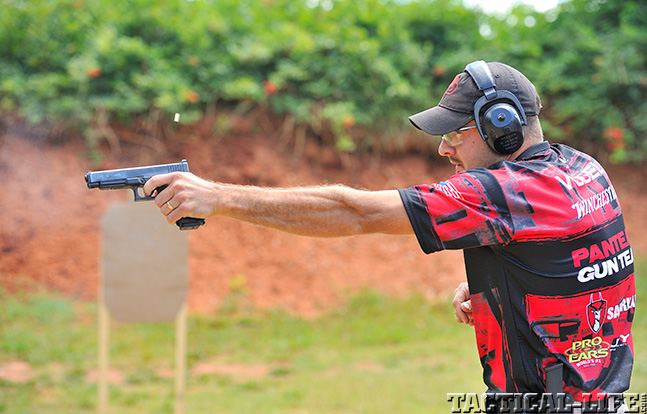
4. Will you feel under pressure to perform? Yes. Get used to it. Imagine being accustomed to shooting in front of large groups of people and being somewhat confident in your ability to perform. If you can get to that point, you have a huge advantage over anyone who has not.
Advertisement — Continue Reading Below
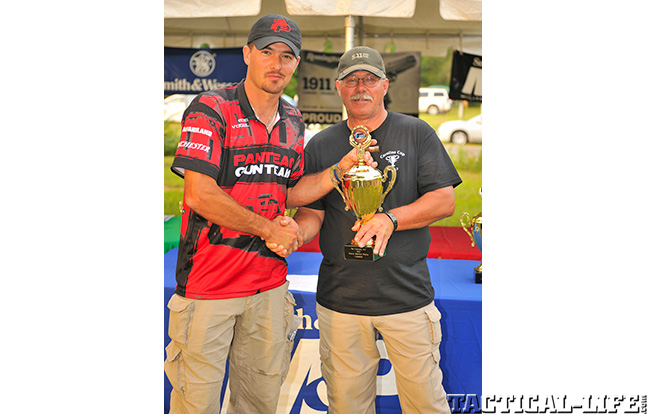
5. I am talking mainly about the practical shooting competitions offered by the IDPA and the United States Practical Shooting Association (USPSA), the national branch of the International Practical Shooting Confederation (IPSC). These competitions were organized originally by people with backgrounds in real-world (military/LE), defensive-type shooting.
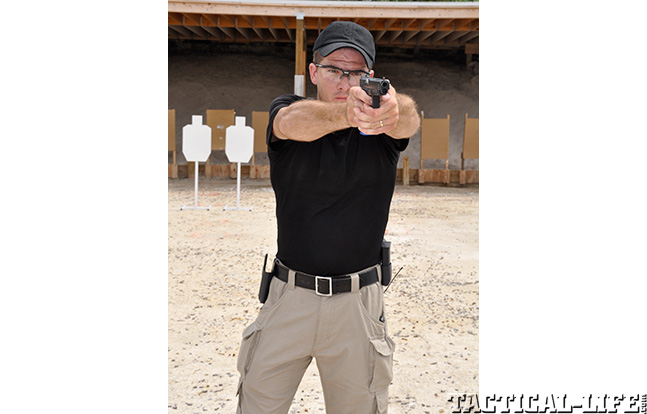
6. At every match in competitive shooting, the stages, targets and what you have to do differ. It’s not like Olympic shooting or many other shooting sports, where you know ahead of time exactly what you will have to do (the targets, distances, times and number of shots). Taking part in a practical shooting event, you gain a very valuable asset: the ability to “think” with a gun in your hand.
Advertisement — Continue Reading Below
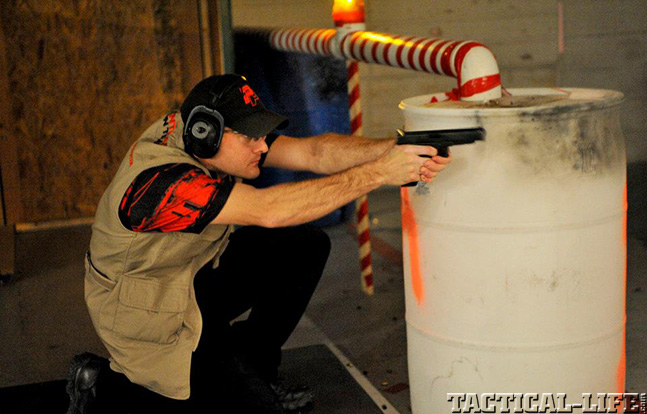
7. The shooting skills necessary to succeed in competition are the exact same ones needed by police officers on duty. Competing means taking a real handgun and trying to shoot at and hit human-sized targets as fast as possible under a variety of circumstances.
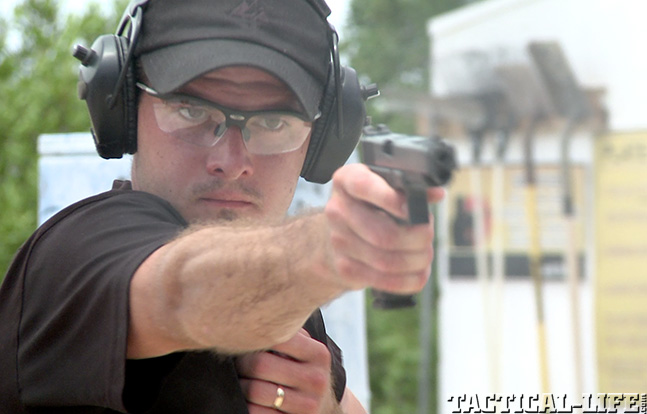
8. Another benefit is the scoring system. Unlike traditional LE qualifications, which are “par time,” practical shooting competitions reward you for effectively balancing speed and accuracy.
Advertisement — Continue Reading Below
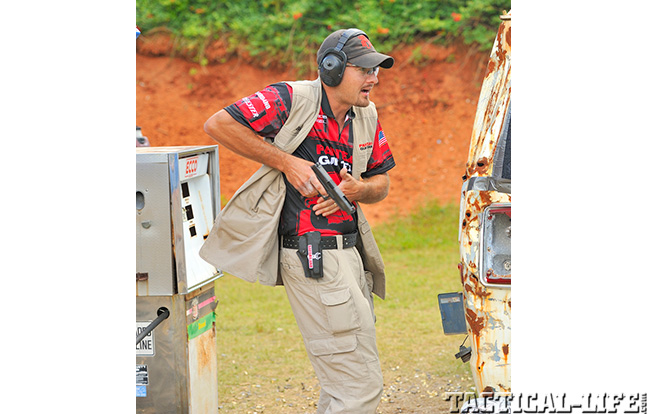
9. As the legendary Jeff Cooper said, “The average competitive pistol shot works and trains far harder to earn a little brass cup than the average policeman works and trains to acquire a skill that can save his life.” It should always be remembered that nothing great happens inside your comfort zone.
Advertisement — Continue Reading Below
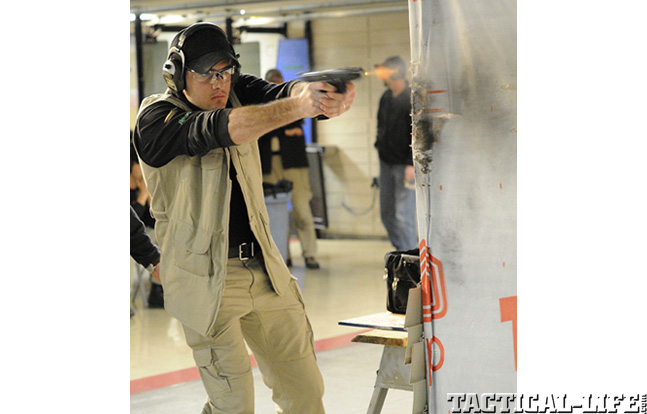
10. How does the average LE officer go about getting started? It’s very simple. Visit the websites of the IDPA, the ISPC or the USPSA and look for the closest club to you. There’s probably one within an hour or so from your location.
